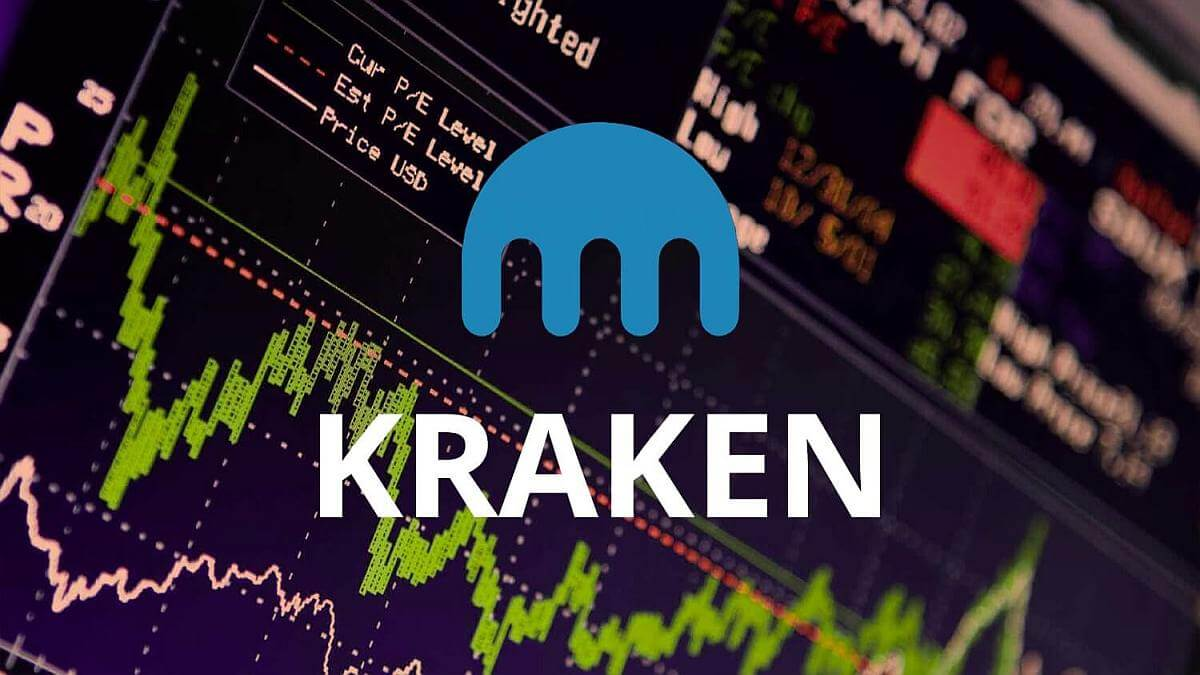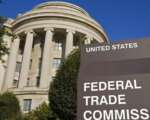Australia’s Federal Court has ordered Bit Trade, the local operator of the Kraken cryptocurrency exchange, to pay a fine of AUD 8 million (approximately USD 5.1 million) for unlawfully offering a credit facility to over 1,100 customers. The ruling follows legal action initiated by the Australian Securities and Investments Commission (ASIC) in 2022, which accused Bit Trade of non-compliance with regulatory requirements tied to its margin trading product.
ASIC’s investigation found that Bit Trade failed to ensure its margin extension product was suitable for its customers, resulting in collective losses of more than USD 5 million. “Bit Trade issued its margin extension product to over 1,100 Australians, charging fees and interest exceeding USD 7 million, without considering whether the product was appropriate for them,” ASIC stated.
The margin extension product offered by Kraken’s operator allowed users to access credit or loans in either digital assets, such as Bitcoin, or traditional currencies like the U.S. dollar. However, this financial product was classified as a “credit facility” by the court in August, as it provided margin extensions in national currencies. Under Australian law, such products must include a publicly available target market determination (TMD), a document specifying the class of consumers best suited for the product.
This case marks the first enforcement action related to the absence of a TMD in Australia. ASIC emphasized the importance of compliance in ensuring consumer protection within the rapidly evolving cryptocurrency sector.
Bit Trade expressed disappointment with the decision. A Kraken spokesperson stated, “We believe these rulings significantly hamper growth in the Australian economy. We look forward to engaging constructively with policymakers and regulators as these rules are developed.”
The penalty is a stark reminder of the growing scrutiny facing cryptocurrency exchanges globally as governments and regulatory bodies aim to safeguard consumers while addressing potential risks in the crypto market.


















